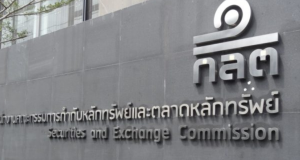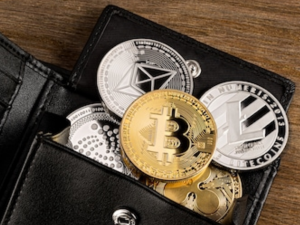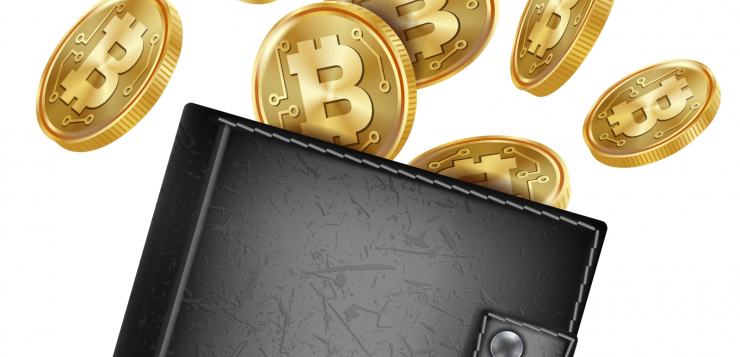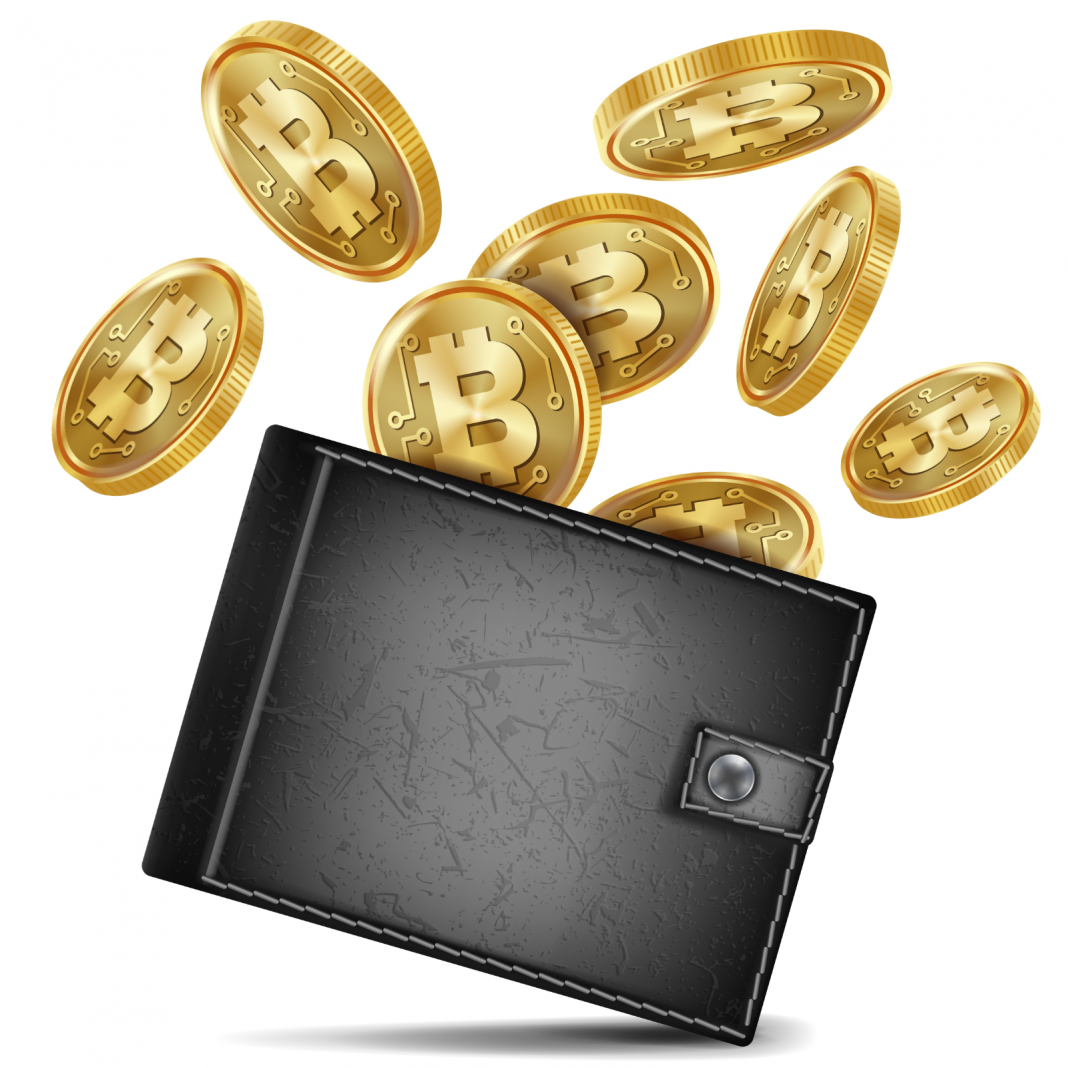The Thai Securities and Exchange Commission has approved another crypto exchange to legally operate in the country. There are now six exchanges that have been granted approval. Meanwhile, the government is considering maintaining its own wallet in order to confiscate cryptocurrencies from illegal sources.
Also read: 160 Crypto Exchanges Seek to Enter Japanese Market, Regulator Reveals
Another Crypto Exchange Approved
 The Thai Securities and Exchange Commission (SEC), Thailand’s main crypto regulator, announced on Thursday, September 6, that another cryptocurrency firm has been approved to legally operate in the country.
The Thai Securities and Exchange Commission (SEC), Thailand’s main crypto regulator, announced on Thursday, September 6, that another cryptocurrency firm has been approved to legally operate in the country.
Southeast Asia Digital Exchange Co. Ltd. (Seadex) has become the sixth legal crypto exchange in Thailand. After reviewing Seadex’s information and concluding that the business existed before May 14 when the regulation took effect, the SEC granted approval to the exchange.
 The regulator allows crypto firms that were in business before the enforcement of the crypto regulation to continue operating while their applications are being reviewed, providing that they applied for approval before August 14.
The regulator allows crypto firms that were in business before the enforcement of the crypto regulation to continue operating while their applications are being reviewed, providing that they applied for approval before August 14.
Last month, the regulator approved seven crypto firms, five of which were crypto exchanges.
Thai Government Wants Its Own Crypto Wallet
 To combat crypto-related crime that is on the rise, the Thai government’s Anti-Money Laundering Office (Amlo) is considering maintaining its own cryptocurrency wallet, the Nation reported this week.
To combat crypto-related crime that is on the rise, the Thai government’s Anti-Money Laundering Office (Amlo) is considering maintaining its own cryptocurrency wallet, the Nation reported this week.
Mr. Witthaya Neetitham, Secretary of Amlo, said at a seminar on cryptocurrency crime and the legal system that officials are discussing how to obtain and safeguard a wallet for Amlo “to hold or confiscate digital currency from illegal sources.”
 The publication explained that there is currently “no law allowing the agency to freeze or seize digital currency, nor anywhere to keep it…As a result, Thai authorities can jail or extradite cybercriminals and confiscate their physical assets – but they cannot touch their digital assets.”
The publication explained that there is currently “no law allowing the agency to freeze or seize digital currency, nor anywhere to keep it…As a result, Thai authorities can jail or extradite cybercriminals and confiscate their physical assets – but they cannot touch their digital assets.”
Citing that earlier this year the Technology Crime Suppression Division of the Royal Thai Police and their Dutch counterparts arrested a Moldovan suspected of operating a child porn website, Police Captain Ekkanit Natethong revealed:
We found bitcoin in his e-wallet, but had to leave it there because we don’t have any regulations [to seize the crypto].
ID Challenges in the Digital Age
 Seven cryptocurrencies have been legalized in Thailand. Neetitham claims that “Amlo does have measures to combat crimes involving [the]digital currencies licensed by the [Thai] Securities and Exchange Commission.”
Seven cryptocurrencies have been legalized in Thailand. Neetitham claims that “Amlo does have measures to combat crimes involving [the]digital currencies licensed by the [Thai] Securities and Exchange Commission.”
Nonetheless, he said “it was still difficult to handle cryptocurrency operators who are outside the system,” the news outlet conveyed and quoted him saying:
We cannot identify the cryptocurrency operator or receivers when duped victims transfer money to the criminals.
Chartpong Chirabandhu, deputy director general of the Office of the Attorney General’s Department of Special Litigation, commented that “a big problem with digital assets and other such evidence is the difficulty in discovering the identity of those transacting.” He described, “When we present the evidence to [the] court, it often fails to convince the judges.”
What do you think of the progress of Thailand’s regulation? Let us know in the comments section below.
Images courtesy of Shutterstock, Thai SEC, and Seadex.
Need to calculate your bitcoin holdings? Check our tools section.





